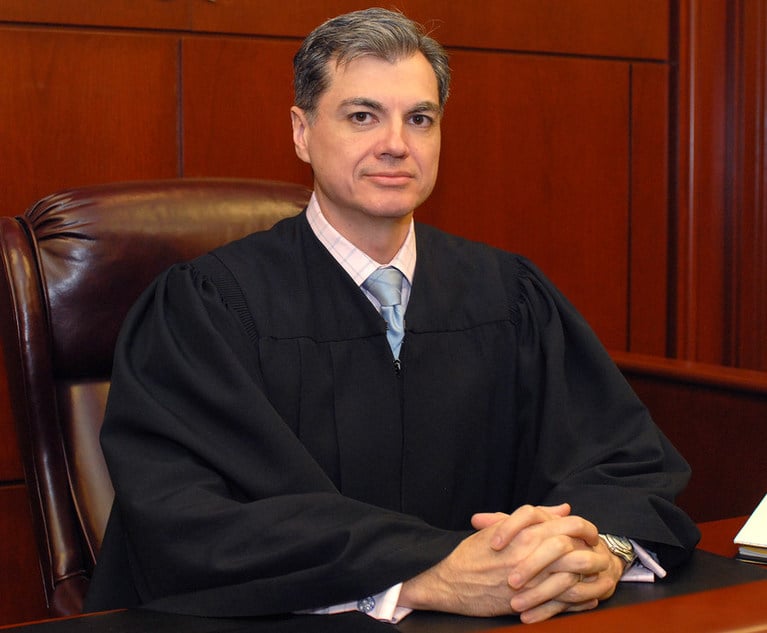While neutrality is considered the touchstone of dispute resolution, it is not difficult for advocates to think there might be benefits to having judges with deep connections to the parties or their respective industries. In certain complicated or niche disputes, a judge with industry expertise may be better suited to quickly reach a just outcome. Alternatively, each party might wish to appoint arbitrators to serve as quasi-advocates on the arbitral panel to ensure that their side is fully heard. When confronted with such a situation, it is unsurprising that companies often turn to arbitration, where they are free to negotiate the governing procedures and protections to ensure that any dispute would be resolved efficiently by arbitrators with deep industrial knowledge or familiarity with the parties. But the agreement to use arbitrators with such expertise or connections to the parties creates an additional difficulty: If a party and its appointed arbitrator are deeply connected, do those relationships undermine the arbitration and require the award to be vacated? The Second Circuit recently considered this issue in Certain Underwriting Members of Lloyds of London v. Florida Department of Financial Services, No. 17-1137-cv, 2018 WL 2727492 (2d Cir. June 7, 2018) (Certain Underwriting Members).
Partial Arbitral Panels
One of the distinguishing features of arbitration is the parties’ ability to craft each tribunal according to their needs. The Federal Arbitration Act (the FAA) provides that where the parties’ arbitration agreement specifies a method for appointing arbitrators, “such method shall be followed.” Arbitration organizations have, in turn, promulgated rules facilitating such appointment. For example, the American Arbitration Association’s commercial arbitration rules explicitly allow parties to appoint their arbitrators so long as those arbitrators are both independent and impartial. American Arbitration Association, Commercial Arbitration Rules & Mediation Procedures, Rule 13(b) (effective 2013) (the AAA rules). The rules further provide that, if parties so desire, they can waive the requirements of independence, impartiality, or both. This rule stands in contrast to Section 10 of the FAA, which allows a court to vacate an arbitration award “where there was evident partiality or corruption in the arbitrators …” This conflict, between contracting parties’ decision to explicitly waive the requirement of impartiality, and the FAA, which empowers courts to overturn awards for “evident partiality,” was at the heart of Certain Underwriting Members.


 Martin Flumenbaum and Brad S. Karp
Martin Flumenbaum and Brad S. Karp




